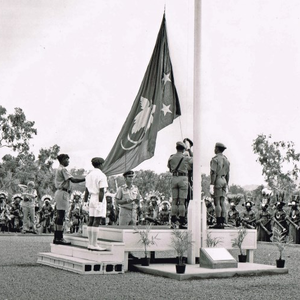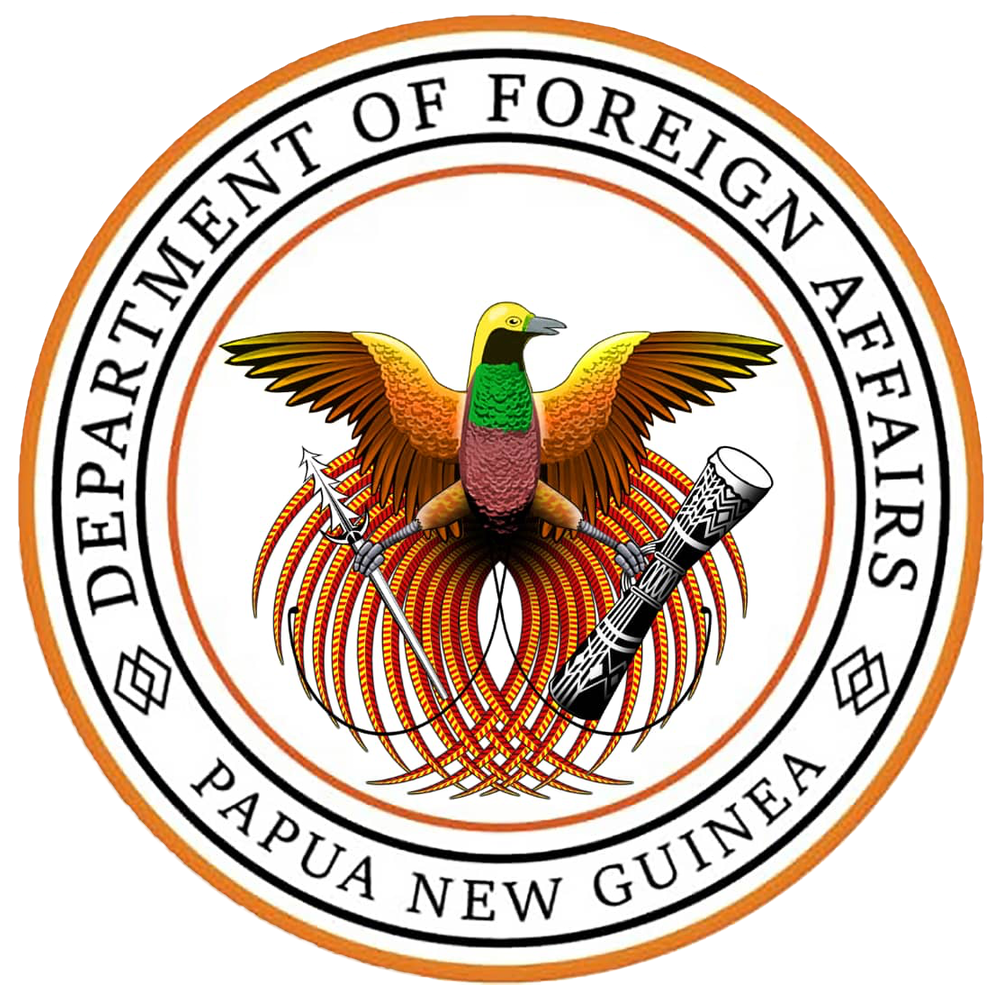About PNG: Education
Education in Papua New Guinea (PNG) is characterized by both opportunities and challenges, reflecting the country's diverse cultural landscape and its efforts to address the needs of a rapidly growing population. The education system is structured into three main levels: primary, secondary, and tertiary education. While strides have been made in expanding access to education, certain factors such as geographical remoteness and infrastructure limitations can still pose barriers, particularly in rural areas.
At the primary level, efforts have been directed towards achieving universal access to basic education. Primary education is compulsory and typically spans six years, providing a foundation for further learning. However, disparities in educational access persist, with some remote communities facing difficulties in securing qualified teachers and adequate facilities. Initiatives to address these challenges include the provision of scholarships and incentive programs to attract and retain teachers in rural areas.
Secondary education builds upon the foundation laid in primary schools and consists of both lower and upper secondary levels. While there has been progress in increasing secondary school enrollment, retention rates and educational outcomes remain areas of concern. Additionally, there is a focus on enhancing technical and vocational education to equip students with practical skills that align with the country's economic needs.
Tertiary education in Papua New Guinea includes universities and technical institutions. The University of Papua New Guinea, established in 1965, is the country's oldest university and offers a range of undergraduate and postgraduate programs. Despite progress in expanding tertiary education opportunities, challenges persist, including limited resources, faculty shortages, and the need for stronger collaboration between academic institutions and industries.
Cultural diversity is a significant aspect of education in PNG. The government recognizes the importance of incorporating local languages and cultural perspectives into the curriculum to ensure relevance and inclusivity. This acknowledges the diverse linguistic landscape, with hundreds of indigenous languages spoken across the country. Efforts to preserve and promote indigenous languages contribute to a more culturally sensitive and inclusive educational experience.
In recent years, Papua New Guinea has placed increased emphasis on aligning education with national development goals. This includes initiatives to improve the quality of education, strengthen governance and management, and enhance the relevance of curricula to meet the evolving needs of the country. While progress has been made, ongoing efforts are essential to overcome challenges and create an education system that equitably serves the diverse needs of the Papua New Guinean population.
The country has four state-run universities—notably, the University of Papua New Guinea, in Port Moresby—and two that are church-based, as well as a number of teacher-training institutions and a medical school.

